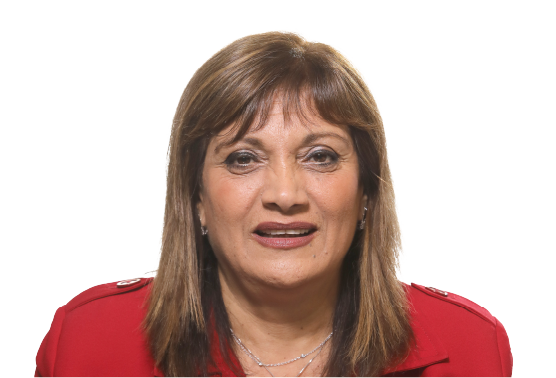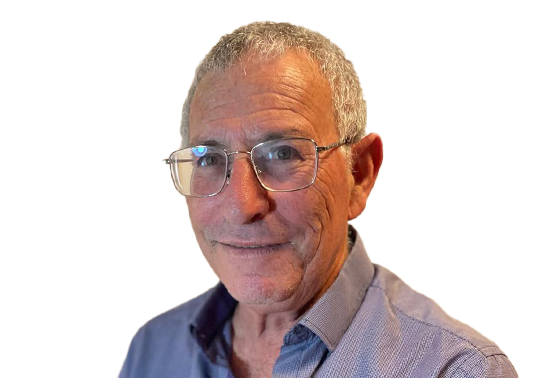Lebanon is grappling with a three-pronged crisis. First, it is beset by an economic collapse and severe financial crisis (hyperinflation; inability to repay its large foreign debt; poverty; unemployment; commercial failures; steep price rises on basic products; and an expected reduction of GDP in 2020 of some 20 percent). Second, there is a loss of governance (a paralyzed government and corruption in all government systems, along with ongoing mass demonstrations). Third, there is a healthcare crisis due to the Covid-19 pandemic (a shortage of hospital beds, medical teams, equipment, and medicines). All these were exacerbated following the destructive explosion at the Beirut port on August 20, 2020, which left some 200 people dead and some 6500 injured, and massive destruction in many neighborhoods in Beirut, with reconstruction estimated at $10-15 billion. A frustrated public continues to demand a change in the confessional political system and a replacement of the corrupt leadership, but the ruling elite is loath to concede its power and meet the demands of international elements that insist on widespread reforms in exchange for economic assistance. Hezbollah, a terrorist organization and Iranian proxy, maintains independent military power, and is a central element in the political system. The organization, which brands itself as the “resistance” to Israel and has vowed to seek Israel’s destruction, is laboring to preserve its status, and has contributed considerably to the paralysis in the decision making mechanisms in Lebanon.
INSS follows the developments in Lebanon carefully, as well as developments regarding Hezbollah, which in recent years has become a central threat to Israel. Hezbollah’s ongoing military buildup, led by its vast stockpile of rockets and missiles, threatens the Israeli home front; in addition, its closeness to its Iranian patron demands Israel’s close attention. These issues join other aspects of Israel-Lebanon relations, such as negotiations over the maritime border. Looking ahead, INSS research studies various scenarios, including the possible outbreak of a new war on the northern front, which given the developments in the theater, stands to be different from previous wars.
Researchers
Publications
All PublicationsFocus
Interactive Map: The Lebanese Front





